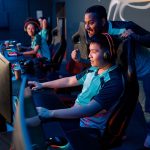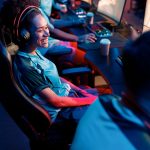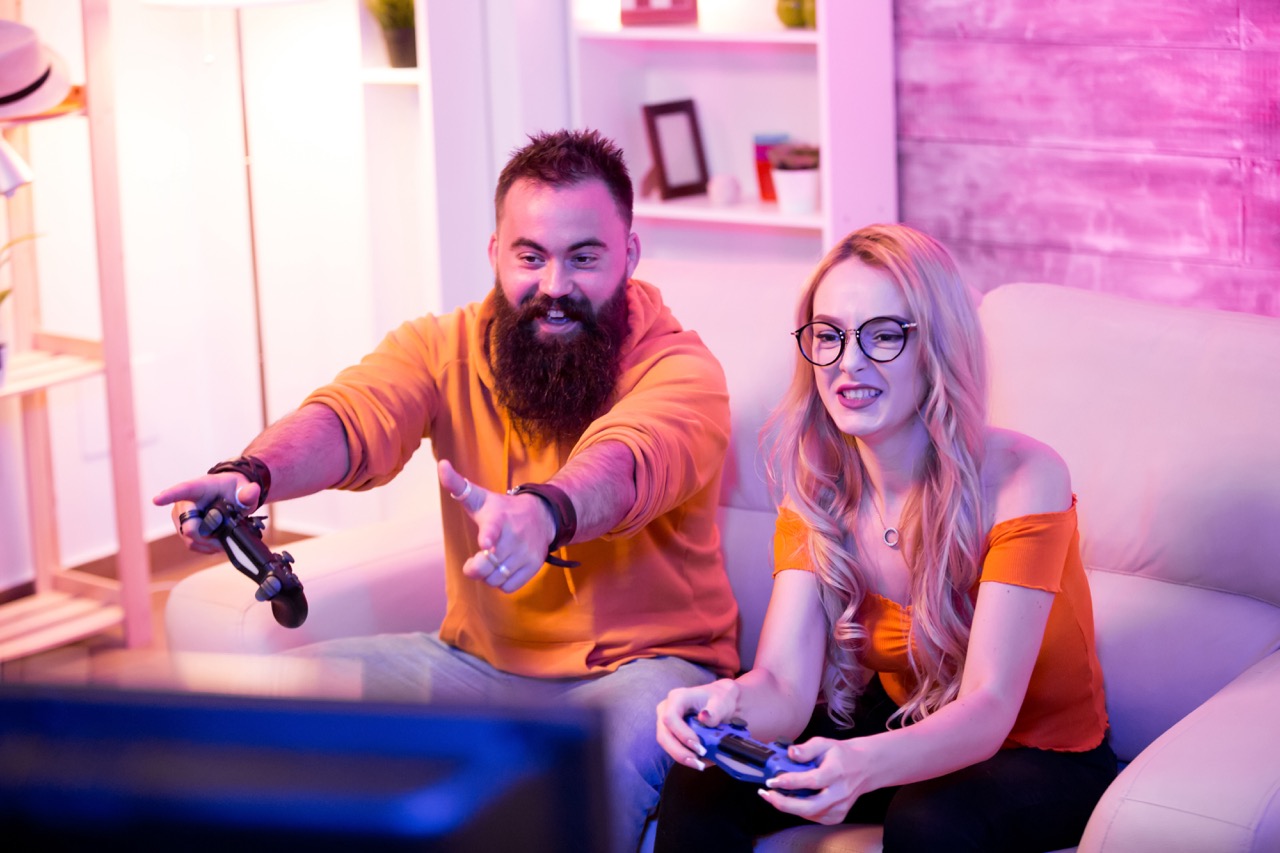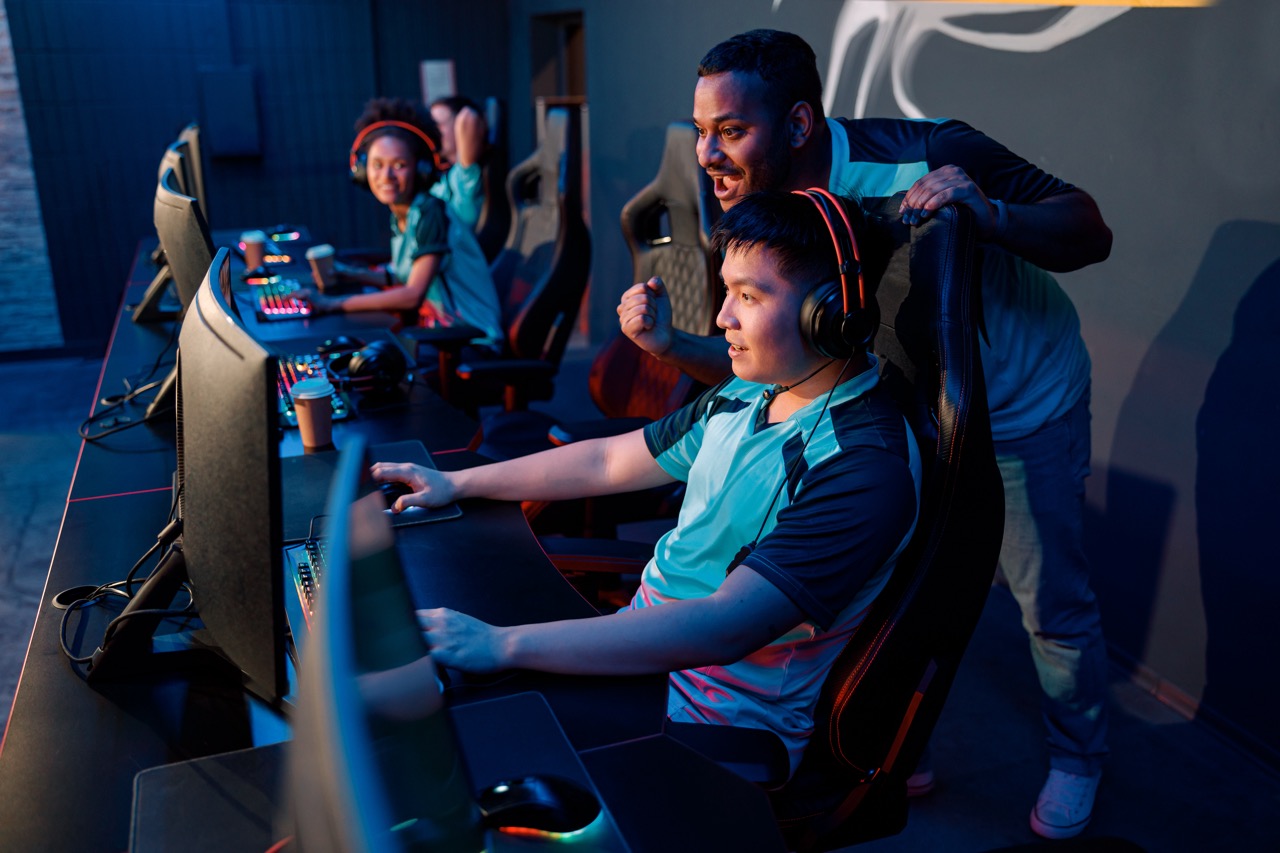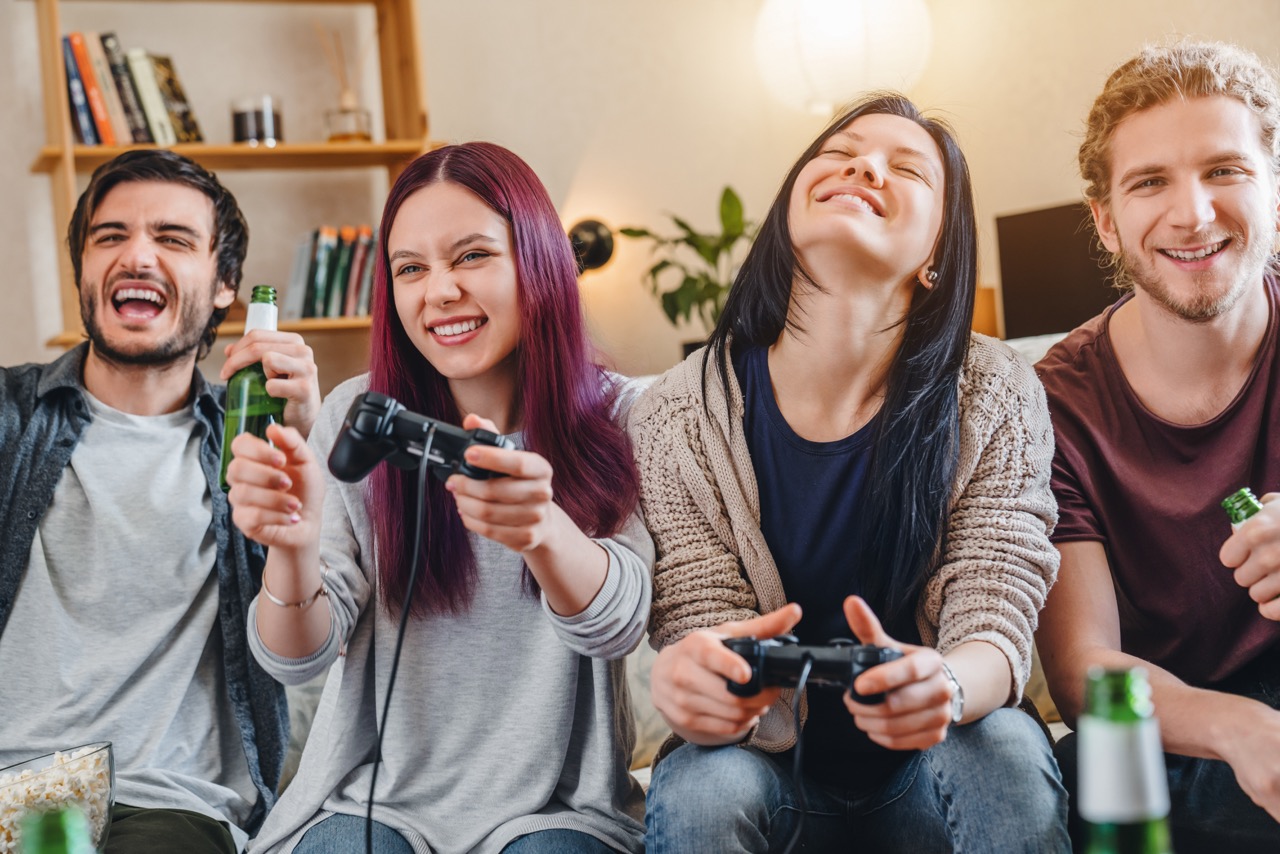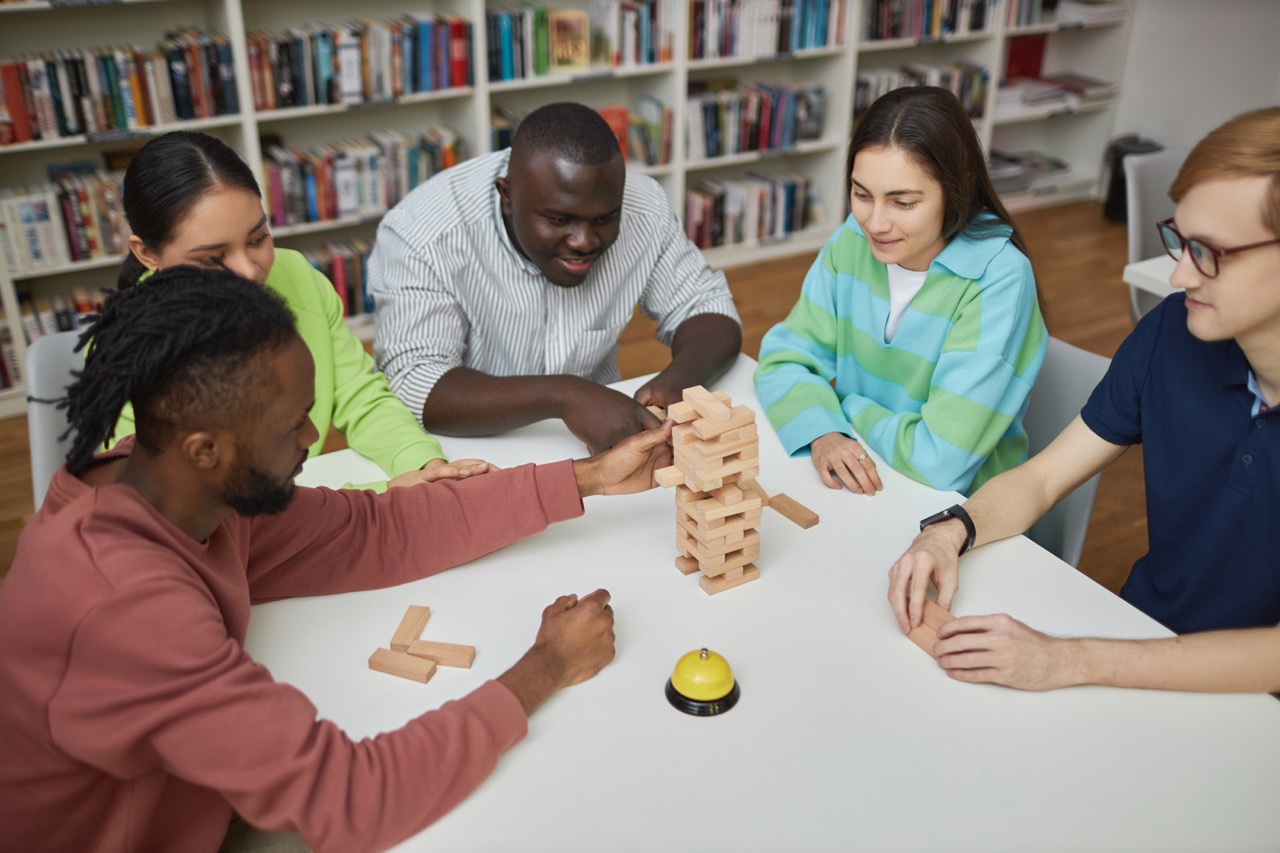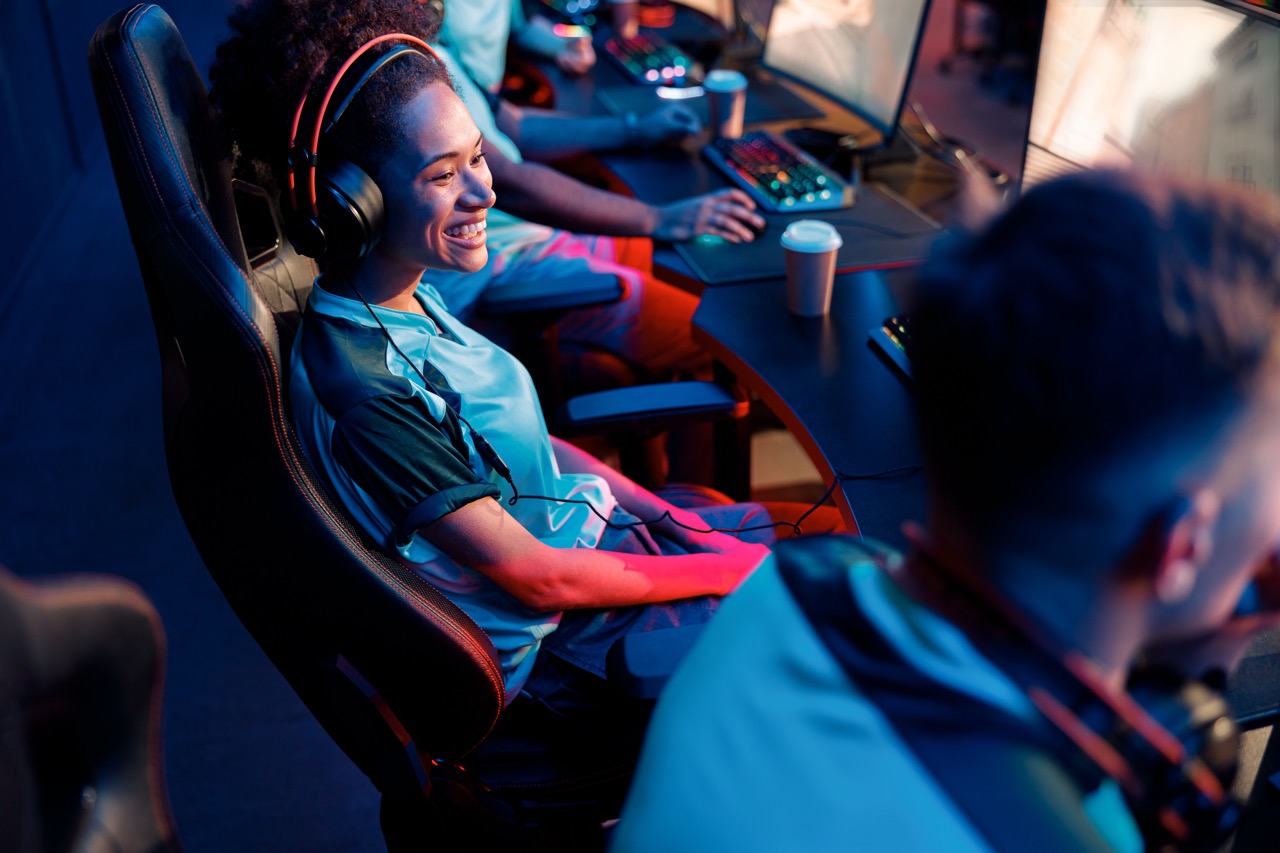Stepping into the world of esports can be both thrilling and daunting, especially if you’re gearing up for your very first tournament. Whether you’re an aspiring pro or just someone who enjoys gaming, preparing for a competitive event requires careful planning and a strategy. This guide will walk you through essential steps to ensure you’re ready to showcase your skills and make the most out of your tournament experience. From understanding the game to mental preparation, we’ve got you covered!
Understand the Game: Master the Basics First
Before diving into the competitive scene, it’s crucial to have a solid understanding of the game you’re playing. This means not just knowing how to play, but also understanding the nuances that can give you an edge over your opponents. Familiarize yourself with the game mechanics, maps, characters, and strategies. Take the time to explore forums, watch tutorial videos, and read the latest patch notes to stay updated on any changes that might affect gameplay.
Practicing the basics is essential, as a strong foundation will support your more advanced strategies later on. Spend time in solo queues or casual matches to hone your skills and get comfortable with the controls. Understanding the strengths and weaknesses of your character, as well as how to counter others, can set you apart from players who may only be relying on instinct.
Additionally, analyze professional gameplay to learn from the best. Watching streams or replays can help you identify effective strategies and positioning. Pay attention to how pros handle various situations, and try to incorporate those tactics into your own gameplay. The more you learn about the game, the more confident you’ll feel when tournament day arrives.
Lastly, don’t underestimate the importance of communication within the game, especially in team-based titles. Understanding how to effectively communicate with your teammates can greatly influence your performance. Develop clear callouts and strategies so that everyone is on the same page during the tournament.
Pick Your Team: Finding the Right Players to Compete
Assembling a team is one of the most critical steps in preparing for your first esports tournament. Look for players who not only complement your skill set but also share the same goals and dedication. It’s essential to have teammates who are on the same wavelength as you, both in terms of gameplay and attitude. Spend time playing together to see if your styles mesh well before officially committing to a team.
Team dynamics are incredibly important. You’ll want to find players who communicate effectively and can handle the pressures of competition. Look for individuals who are open to feedback and willing to learn. A positive group dynamic can make all the difference during high-stress situations typical of tournament play.
Consider each player’s strengths and weaknesses when building your roster. Diversify your team by including players who specialize in various roles, whether that’s damage dealer, tank, or support. This balance ensures that your team can adapt to different challenges and strategies from opponents. It’s also beneficial to have players who can fill in roles if someone is unavailable, keeping the team flexible and ready.
Once your team is selected, set up regular practice sessions to build coordination and synergy. Use these practices to experiment with different strategies, figure out the best team compositions, and foster a collaborative environment. Remember, the more time you invest in working together, the smoother your tournament performance will be.
Gear Up: Essential Equipment for Tournament Success
When preparing for your first esports tournament, having the right gear can significantly impact your performance. First and foremost, invest in a reliable gaming setup. This includes a good quality gaming mouse, keyboard, and headset. Comfort is key, as you’ll be using these items for several hours. Look for accessories that feel right in your hands and suit your playstyle.
Display matters too; a high refresh rate monitor can provide you with a competitive edge, as it displays fast movements more fluidly than standard monitors. Additionally, ensure your settings are optimized for performance, including resolution and graphics settings, to prevent any lag or stuttering during critical moments in-game.
Don’t forget about good internet connectivity. A stable, high-speed connection is crucial in competitive gaming. If possible, use a wired connection instead of Wi-Fi to reduce latency. Arriving at the tournament venue with a reliable setup can help minimize technical issues that could otherwise derail your performance.
Lastly, consider packing some backup gear, like an extra mouse, keyboard, or headset. Tournaments can be unpredictable, and having spares can save you from unnecessary panic during critical moments. Having everything organized and ready to go will ensure you can focus on gameplay rather than logistics.
Practice Makes Perfect: Create a Training Schedule
Creating a structured training schedule is essential to maximize your preparation before the tournament. Set clear goals for each practice session, whether it’s improving teamwork, refining individual skills, or testing different strategies. Consistency is key, so try to practice regularly rather than cramming right before the event.
Incorporate various training methods in your schedule. Spend time on individual skill drills, but also prioritize team practices where you can develop synergy and communication. Use scrims against other teams to simulate tournament conditions; this will help you get accustomed to playing under pressure and give you valuable experience.
Evaluate your performance regularly. After each practice, take the time to discuss what went well and what could be improved. Constructive criticism is vital for growth, so create an environment where team members feel comfortable sharing their thoughts. Keeping track of progress can also help you see how far you’ve come and what areas still need work.
Lastly, don’t forget to incorporate breaks and downtime into your schedule. Burnout is a real risk when preparing for a tournament, so giving yourself time to relax and recharge is important. Balance practice with self-care to ensure you’re both mentally and physically prepared for the competition.
Mind Over Matter: Building Your Mental Game
Preparing your mind for competition is just as important as honing your skills. The pressure of a tournament can be intense, so developing mental resilience can help you maintain focus and composure when it matters most. Start by setting realistic expectations for yourself; understand that everyone has to start somewhere and that mistakes are part of the learning process.
Visualization techniques can be incredibly effective. Spend time imagining yourself performing well in the tournament. Visualize different scenarios, including both successful plays and how you would respond to challenges. This mental rehearsal can help build your confidence and prepare you for a variety of situations you might face in-game.
Incorporate mindfulness practices into your routine. Techniques such as deep breathing, meditation, or even simple stretches can help calm pre-tournament nerves and improve your focus. Taking moments to ground yourself can make a significant difference in your ability to concentrate during high-pressure situations.
Finally, develop a positive mindset. Surround yourself with supportive teammates and engage in positive self-talk. Celebrate small victories during your practice sessions and remind yourself that improvement takes time. A confident and optimistic outlook will not only enhance your performance but also make the tournament experience more enjoyable.
Day of the Tournament: Final Prep and Game Day Tips
On the day of the tournament, preparation is key to ensuring everything runs smoothly. Start by making sure you have all your gear packed and ready to go. Double-check that you have everything you need, including cables, snacks, and any personal items that will help you feel comfortable during the event. Arrive early to the venue to allow time for any unforeseen issues.
Once you’re at the venue, take a moment to familiarize yourself with the environment. Check your setup, and ensure your equipment is working properly. If you have time, play a few warm-up matches to get into the right mindset and adapt to the tournament conditions. This can help shake off any jitters and sharpen your reflexes.
Establish a pre-game routine that works for you and your team. This could involve a quick team huddle to discuss strategies, setting individual goals for the matches, or even just some light-hearted banter to ease anxiety. Consistency can help signal to your brain that it’s time to switch into competitive mode.
Lastly, remember to have fun. While tournaments can be intense, they are also an opportunity to showcase your skills and connect with others in the gaming community. Embrace the experience, regardless of the outcome, and use it as a stepping stone for future competitions.
Preparing for your first esports tournament may seem overwhelming, but with the right preparation and mindset, you can set yourself up for success. By mastering the game, finding the right team, equipping yourself properly, and focusing on mental resilience, you’ll be ready to tackle the challenges ahead. Embrace the experience, learn from it, and most importantly, enjoy the journey. Who knows, this could be just the beginning of an exciting esports adventure!
